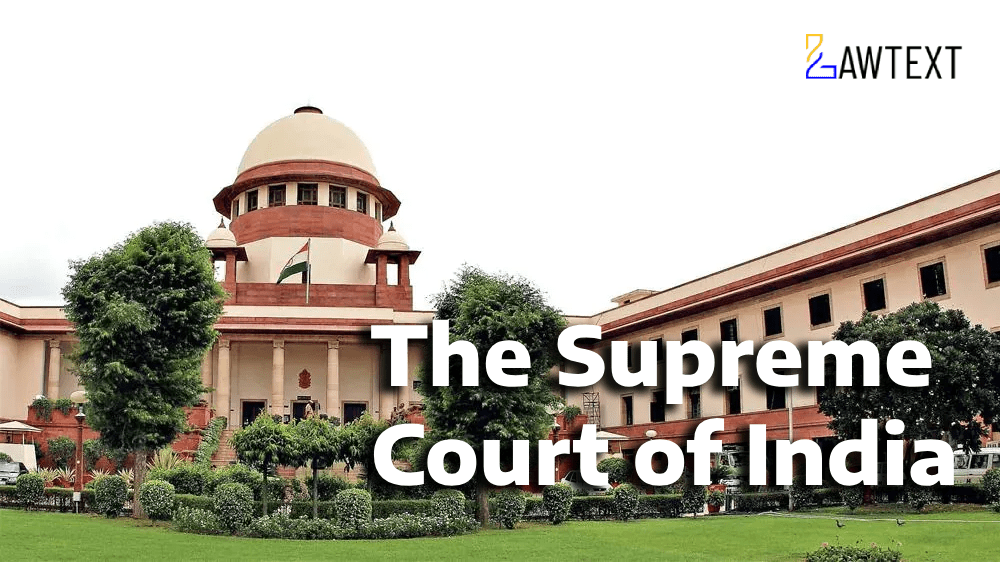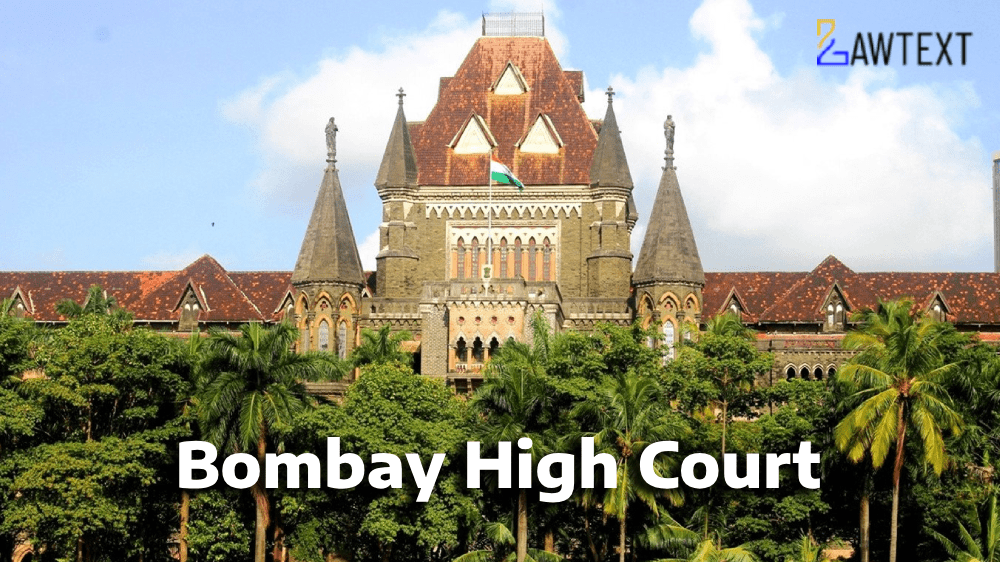Case Note & Summary
1. Background of the Dispute The petitioner, Aslam Ismail Khan Deshmukh, is a Non-Resident Indian based in Dubai with expertise in the drilling fluid industry. The dispute arose from a Shareholders Agreement dated 25th July 2011, wherein Deshmukh held shares in ASAP Fluids Pvt. Ltd. (respondent no.1) and was involved in the company’s management alongside other shareholders. The petitioner sought the issuance of share certificates for 4,00,000 shares and an additional 2,00,010 shares, which he claimed were withheld by the respondents, in violation of the agreement. 2. Contentions of the Parties Petitioner’s Claims: Deshmukh alleged that the respondents failed to issue share certificates as per the agreement and requested arbitration for resolution. Respondents’ Defense: Respondents argued that Deshmukh violated the lock-in conditions by resigning prematurely, nullifying his claim to the shares. They further claimed the arbitration demand was time-barred. 3. Legal Arguments on Limitation and Arbitration The petitioner maintained that there was no fixed timeline for share issuance and alleged continuous breach of contract, citing recent communications (up to 2015) to justify the timeliness of his claims. Respondents contended that the petitioner’s resignation in 2013 initiated the cause of action, making the 2017 arbitration notice overdue by several years. 4. Court’s Analysis on Judicial Interference in Arbitration Matters Citing precedents (Vidya Drolia, Bharat Sanchar Nigam Ltd. v. Nortel, Arif Azim), the court underscored a limited judicial role in Section 11 arbitration petitions, emphasizing that only clear, ex-facie time-barred claims should be withheld from arbitration at this stage. The court reaffirmed the legislative intent under the Arbitration and Conciliation Act, which discourages courts from delving into factual disputes at the arbitration referral stage. 5. Decision and Ratio The court concluded that the limitation and substantive issues raised by the respondents were intricately factual and should be assessed by the arbitral tribunal rather than at the Section 11 stage. A sole arbitrator, Mr. Mayur Khandeparkar, was appointed to resolve the dispute under the Shareholders Agreement, with the provision that if Deshmukh’s claims were ultimately deemed time-barred, he would bear the arbitration costs. Legal Provisions Discussed: Arbitration and Conciliation Act, 1996: Sections 11(6), 11(12)(a), and 43. Limitation Act, 1963: Section 22 (Continuing Breach) and Article 137. Ratio Decidendi:
The court emphasized that judicial inquiry at the referral stage should be confined to the existence of a prima facie arbitration agreement. Issues like limitation, unless indisputably time-barred, fall within the purview of the arbitral tribunal. Courts should avoid prejudging complex factual matters in arbitration disputes, supporting arbitration’s purpose as an efficient alternative dispute resolution.
Subjects:Arbitration Law, Corporate Shareholding Disputes
Arbitration Appointment, Limitation in Arbitration, Shareholders Agreement, Judicial Interference Limits, Corporate Dispute Resolution
Issue of Consideration: ASLAM ISMAIL KHAN DESHMUKH VERSUS ASAP FLUIDS PVT. LTD. & ANR.
Premium Content
The Issue of Consideration is only available to subscribed members.
Subscribe Now to access critical case issues





